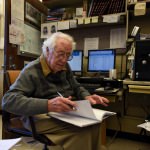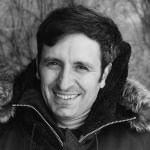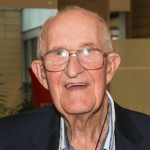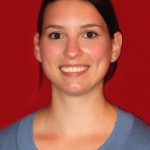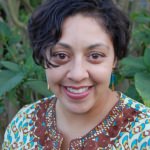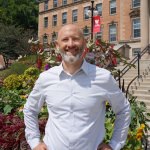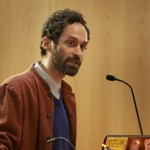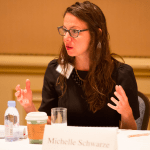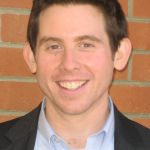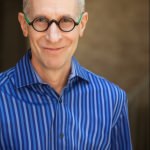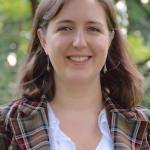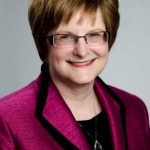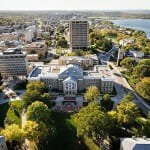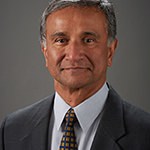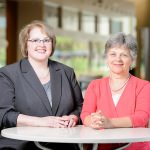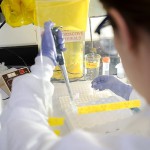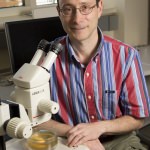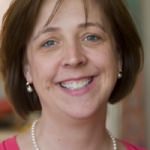Tag Faculty
Hugh Iltis, UW’s ‘battling botanist,’ dies at 91
Passionate, articulate and informed, Iltis was opinionated, sometimes argumentative, but always a fearless defender of the natural world he revered.
Emeritus Professor Jack Fowler, pioneer in radiation biology, dies at 91
A physicist by training, Fowler gradually shifted his research emphasis and is considered one of the founders of modern radiation biology.
New faculty focus: Alejandra Ros Pilarz
I was excited to join UW–Madison because of the strong reputation of the School of Social Work and the university as a whole, particularly in the areas of public policy and poverty research.
New faculty focus: Maxine McKinney de Royston
How did you get into your field of research? I have been interested in issues of race and identity in schools since being a K-12 student who noticed racial and social inequalities in my mathematics classrooms and the schools that I attended in suburban and urban districts.
Focus on new faculty: Revel Sims
"As I learned more about the 'Wisconsin Idea' I came to realize that this mission fit closely with my own work and beliefs."
New faculty focus: Anthony Cerulli
Anthony Cerulli's fascination with world religions began in high school and led him to texts as diverse as the Bhagavad Gita and the writings of Jack Kerouac. He came to UW–Madison because of its international renown in South Asian Studies.
New faculty focus: Michelle Schwarze
Michelle Schwarze, Jack Miller Center Assistant Professor of Political Science • Hometown: Los Angeles • Educational/professional background: B.A. in political science and philosophy,…
Wisconsin Innocence Project client freed after serving 24 years for wrongful conviction
UW-Madison law Professor Keith Findley and a team of law students from the Wisconsin Innocence Project worked on the case of Daryl Dwayne Holloway.
New faculty focus: Rourke O’Brien
Rourke O’Brien, assistant professor of public affairs, La Follette School of Public Affairs • Hometown: Leonardtown, Maryland • Educational background: BA, Harvard…
New faculty focus: David Ronis
David Ronis, assistant professor, Karen K. Bishop Director of University Opera • Hometown: Syosset, N.Y. • Educational background: B.F.A. in voice, SUNY Purchase;…
New faculty focus: Claudia Persico
"Previously, I worked as a neuroscientist investigating the neurobiology of autism," Persico says. "I decided to switch to social policy because I was amazed by the profound inequality I had witnessed."
New faculty focus: Eileen Kae Kintner
Eileen Kae Kintner, professor and Mary & Carl Gulbrandsen Chair in Pediatric Nursing, School of Nursing • Educational background: BSN with…
Biophysicist, chemical engineer named Steenbock Professors
Paul G. Ahlquist, who explores virus replication, and James B. Rawlings, who develops methods to model chemical processes, are the 2016 recipients.
Business professor Nair named to WEDC board
Nair has been on the faculty of the Wisconsin School of Business since 1978. He teaches in the Wisconsin Executive MBA Program and the nationally top-ranked master of accountancy program.
Milwaukee foundation supports early-career faculty’s innovative research
For their distinct and innovative molecular research, two University of Wisconsin–Madison scientists have earned Shaw Scientist Awards from the Greater Milwaukee Foundation. Feyza Engin, assistant professor of biomolecular chemistry, and Srivatsan Raman, assistant professor of biochemistry, will each receive $200,000 in seed funding to advance their work. For more than 30 years, the Shaw Scientist Program has supported early career investigators pursuing promising ideas in biochemistry, biological sciences and cancer research.
Culver to lead Center for Journalism Ethics
“The industry faces many pressures, yet the journalism itself has never been stronger,” Culver says.

